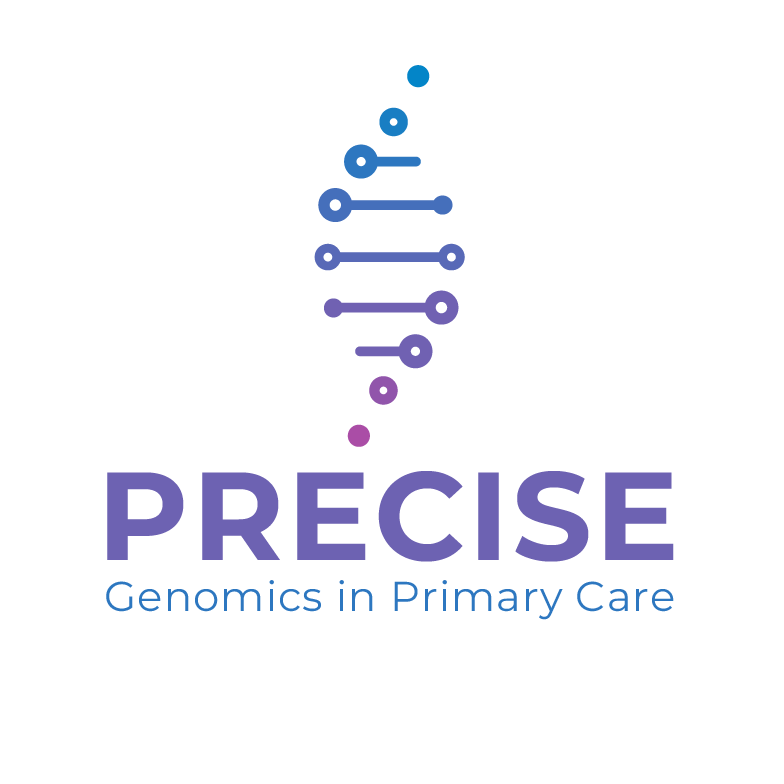Non-adherence to thromboprophylaxis prescribing in general practice – the views of GPs
Last year, I conducted a series of interviews with GPs in order to understand their experiences with anticoagulation management in patients with atrial fibrillation (AF). It is well known that AF is the most common arrhythmia seen in Australian general practice, and that the use of anticoagulants is a well-established intervention to reduce the risk of thromboembolism. This is reflected in the 2018 National Heart Foundation of Australia and the Cardiac Society of Australia and New Zealand AF guidelines.
As such, I wanted to know more about GPs’ experiences with anticoagulation, and any barriers they may have with initiating anticoagulation. Below is what I found out from the research study:
- Clinical practice guidelines, including the AF guidelines above, were not the primary sources of information on thromboprophylaxis in AF. Clinical guidelines were regarded as bulky and time consuming, and focus on single disease conditions, making it challenging to readily apply them.
- Instead, educational activities and concise resources such as journal articles and guideline summary documents were regarded as more useful means of keeping up to date with current recommendations.
- Balancing the thromboprophylactic benefits of oral anticoagulants with their bleeding risk was a major challenge in prescribing decisions.
- When compared to using formal stroke risk assessment tools like the CHA2DS2-VA, a major gap existed in applying formal bleeding risk assessment tools e.g. HAS-BLED. Instead, bleeding risk assessment was mainly done based on clinical assessment.
- In terms of bleeding risk, aspirin was seen as a safer option to oral anticoagulants by some GPs,
- Access to a cardiologist can sometimes be challenging, especially through the public system.
- Patients’ refusal to take oral anticoagulants can sometimes affect prescribing decisions.
For more information, see the published paper
If you are interested in the latest clinical updates on AF, and multiple other general practice topics, join us in February for our signature CPD program, the 2022 version of Hot Topics GP Update course.
Eyob Gebreyohannes (PhD candidate at the University of Western Australia – Optimising anticoagulation in atrial fibrillation in Australian general practice setting.)

BPharm, MSc, Ph.D. Candidate
Division of Pharmacy • School of Allied Health
Faculty of Health and Medical Sciences, University of Western Australia
Become a member and get unlimited access to 100s of hours of premium education.
Learn moreGenetic testing in general practice: Dr. Alan Ma explains which tests GPs can order, when to refer, and how the PRECISE portal supports confident testing and referral decisions.
MyMedicare is now part of routine general practice, with practical implications for billing, continuity of care, and practice systems. This FastTrack clarifies important points regarding eligibility, impacts on the GPCCMP billing, and how to avoid rejected claims. 30mins each RP and EA available.
Genomics is now part of everyday general practice. The PRECISE Genomics in Primary Care hub gives Australian GPs fast, practical tools to recognise genetic red flags, guide testing and support timely referrals.

